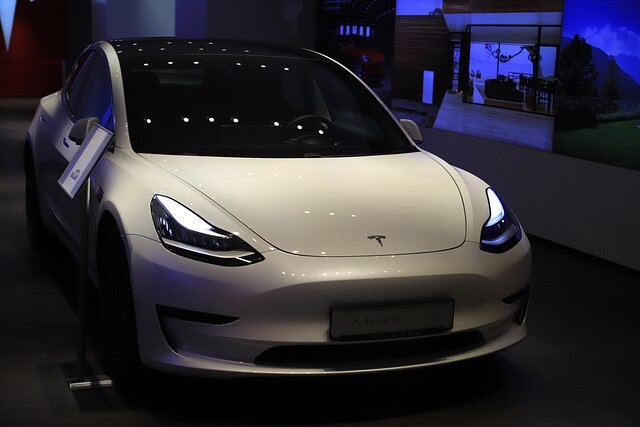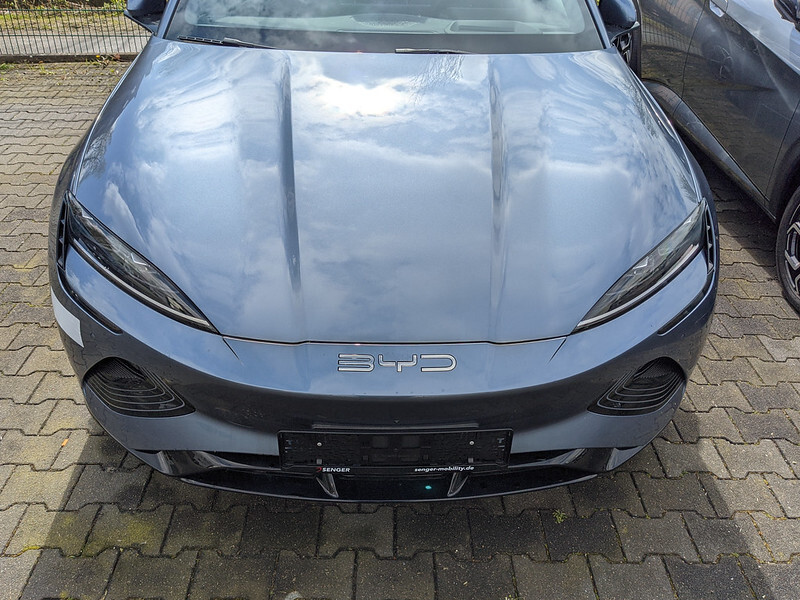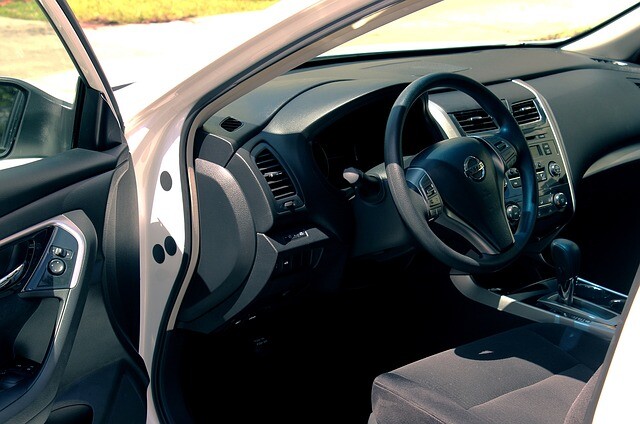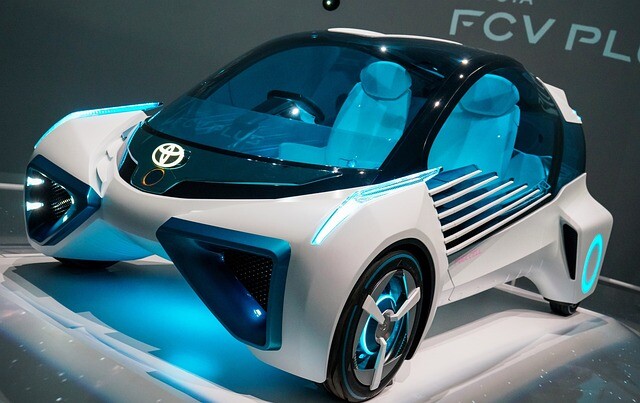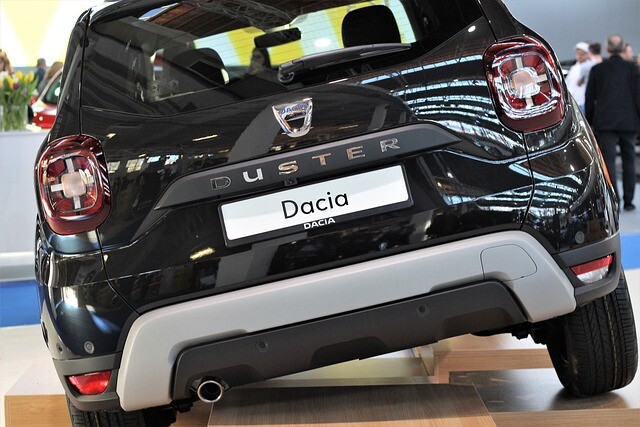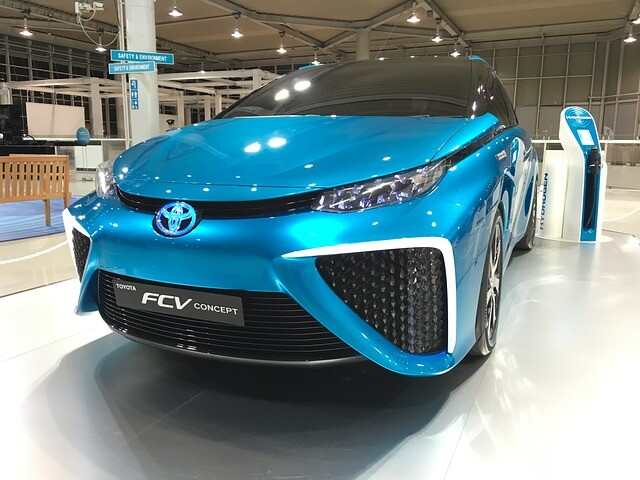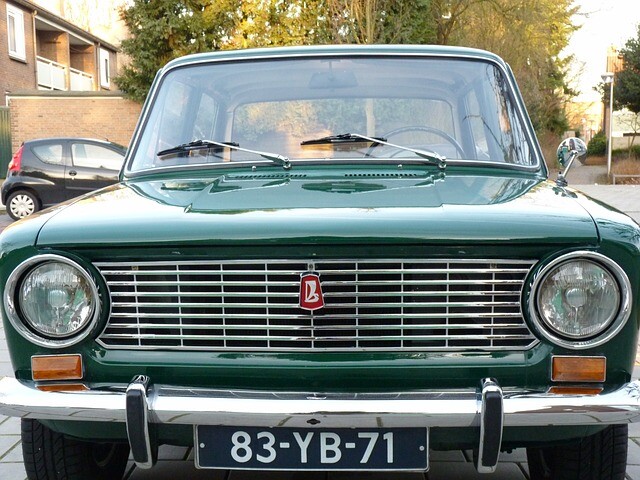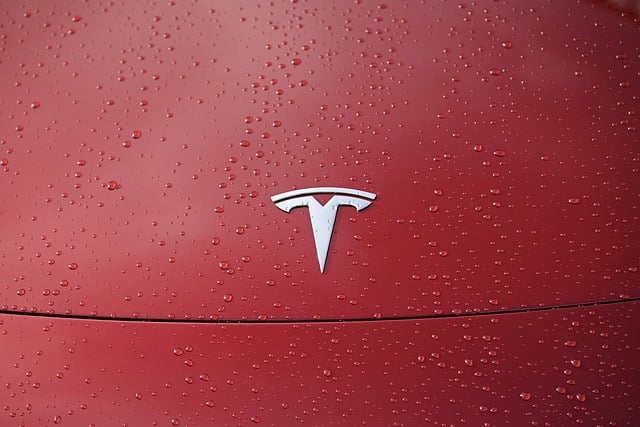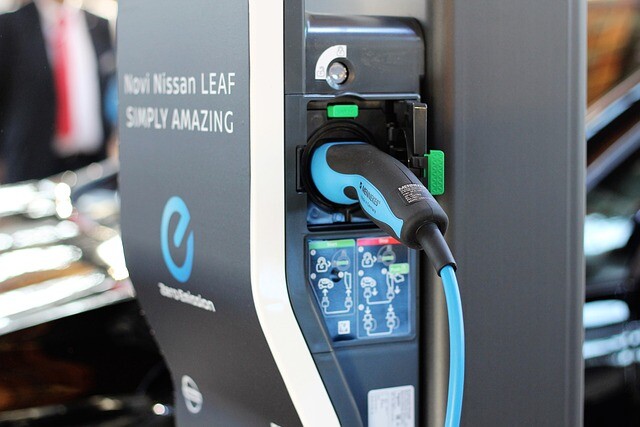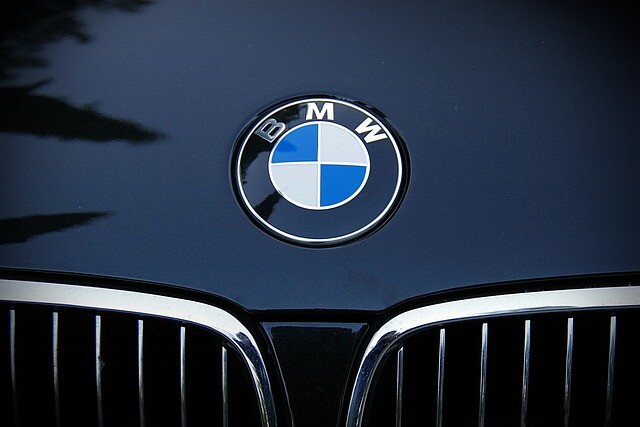Is hydrochloric acid going into action?
It's fine to push for the introduction of electric cars in the name of sustainability, but the production of the batteries that drive these vehicles is dangerous for the environment and should be treated as hazardous waste.
In other words, is switching to an electric vehicle pointless? Of course not. This is the future, but it must be solved so that the battery does not pose a threat to nature.
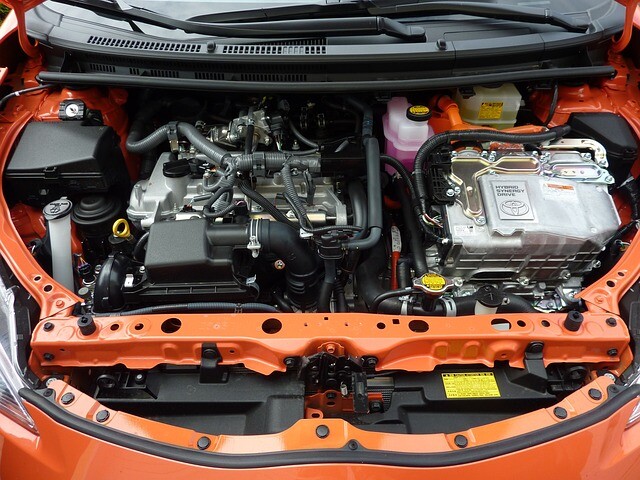
Swedish researchers are now working on a recycling method that can be used to recover most of the lithium and aluminum in used batteries. The question arises, is it okay, but doesn't this also require an environmentally polluting and/or expensive process?
The answer is that no harmful chemicals are needed to extract the materials and even valuable raw materials such as cobalt, manganese or nickel are preserved.
This seems to be a necessity if only because, according to calculations, by 2030, quite a few of the lithium batteries will have reached the end of their service life, and even with conservative estimates, this number is estimated at more than 10 million tons.
In the case of the new method, oxalic acid would be used. This substance is also found in some plants, such as sorrel, which is why it was named hydrochloric acid. They are already used in industry and now they can also be of good service in the case of batteries.
(Source: autokalauz.co.hu / images: Pixabay)

